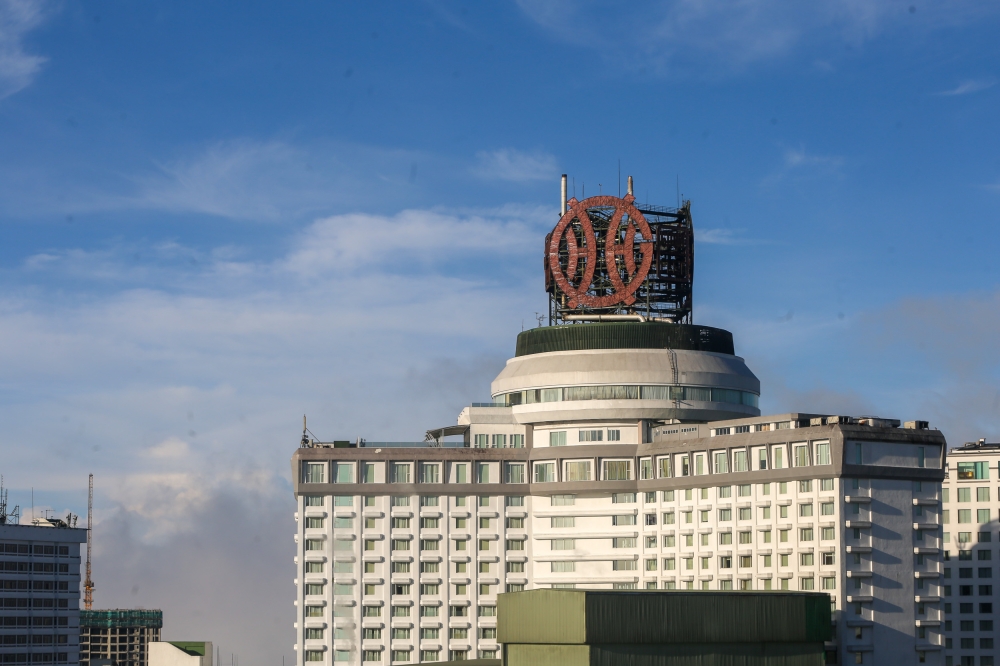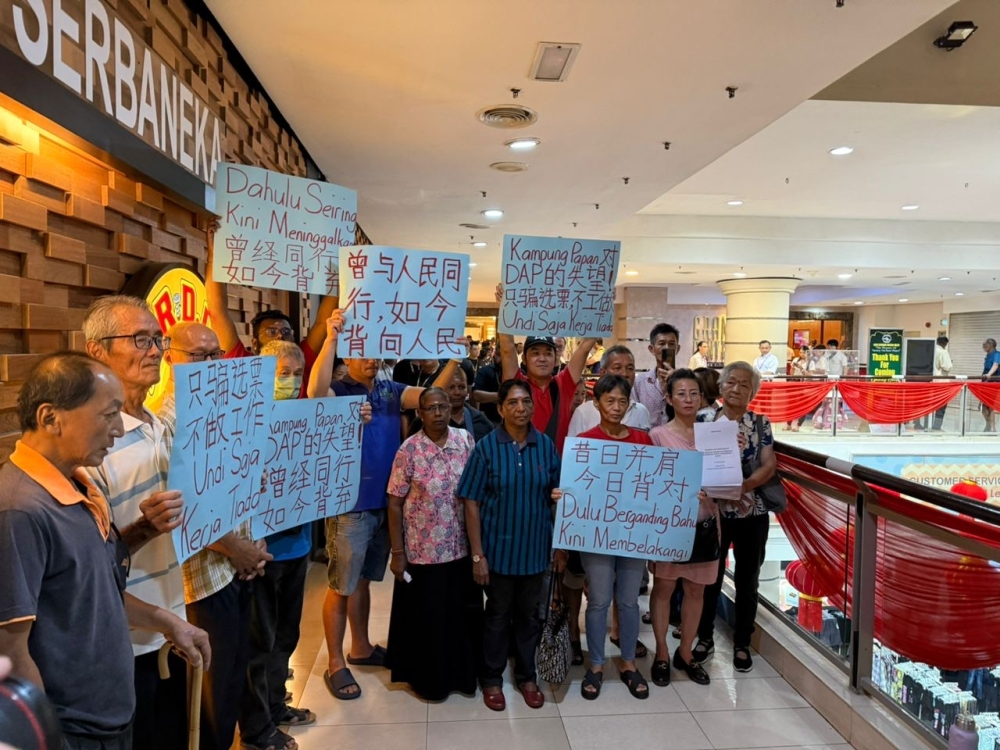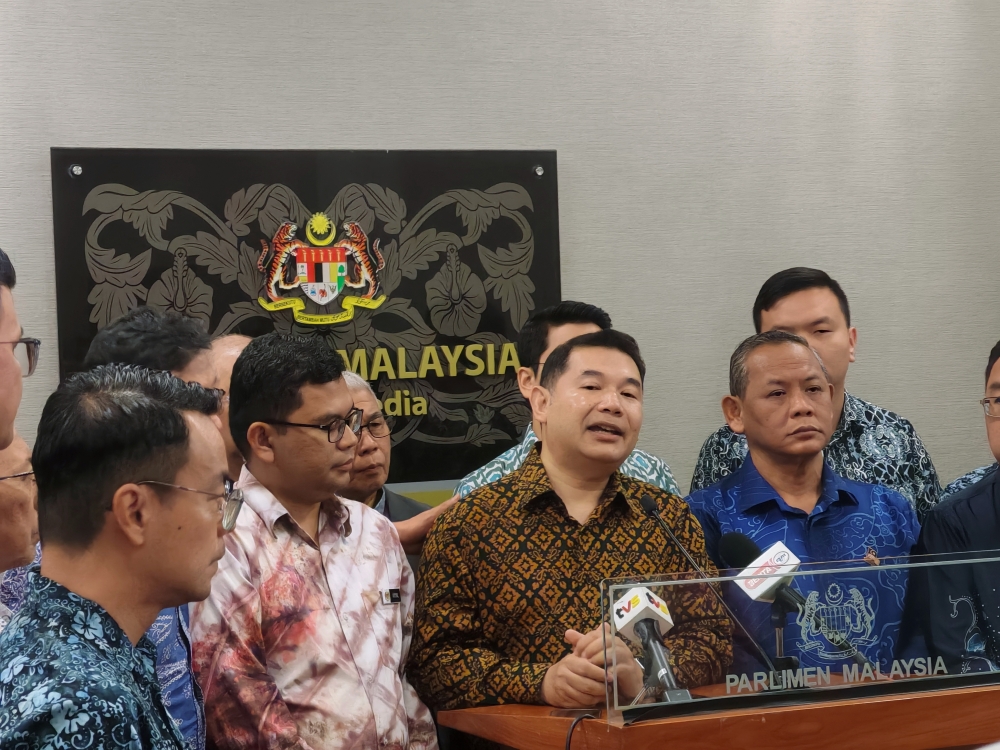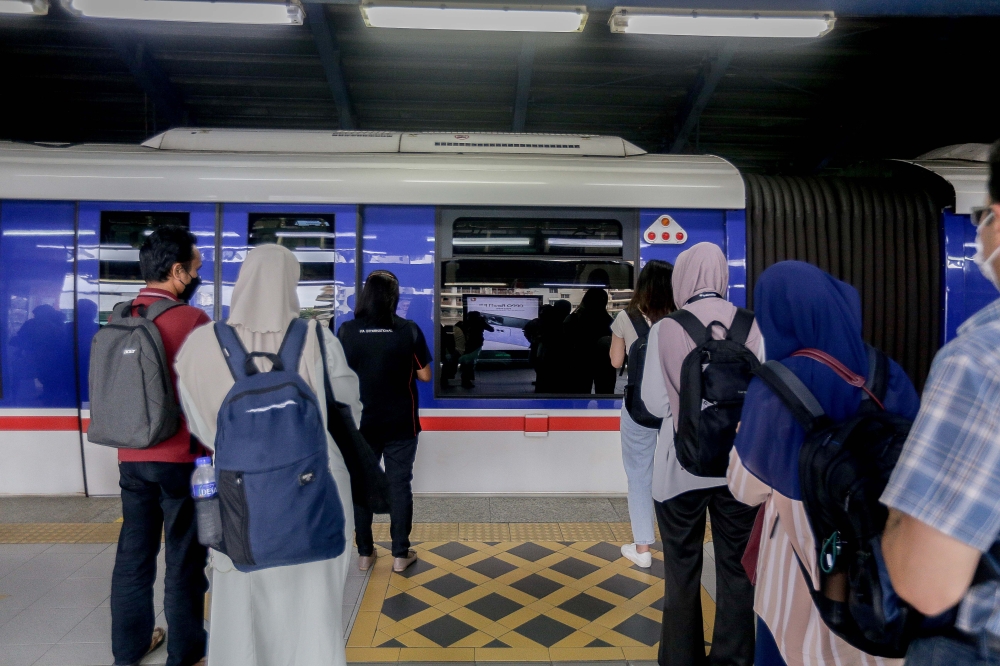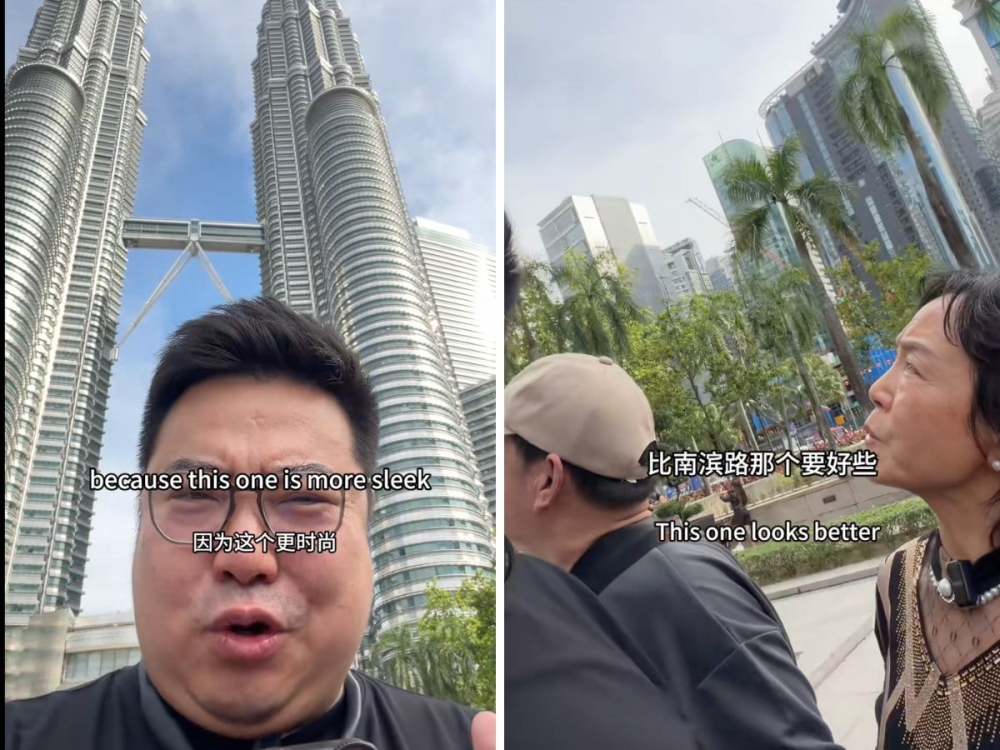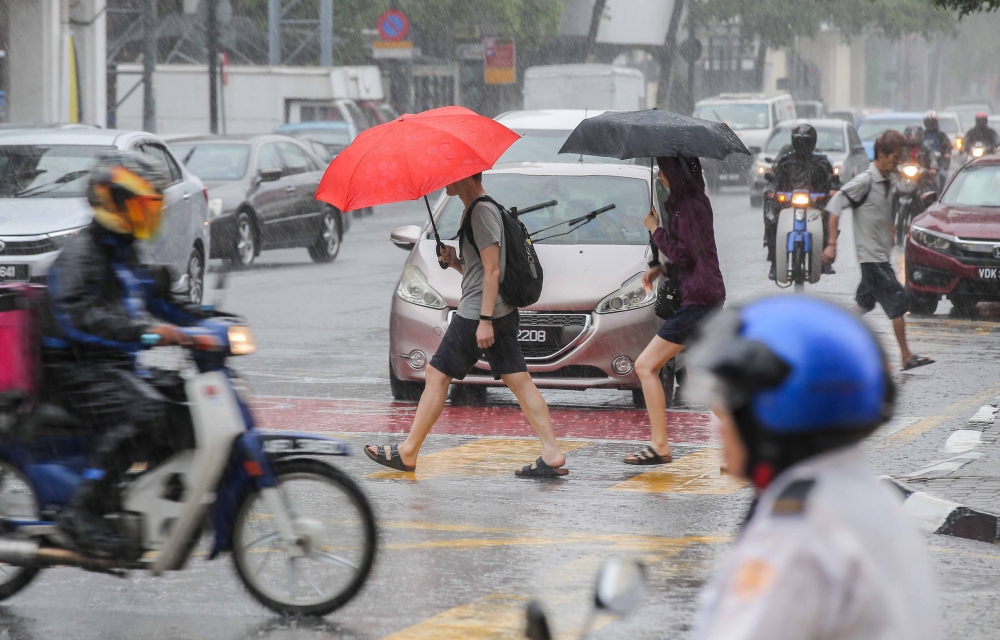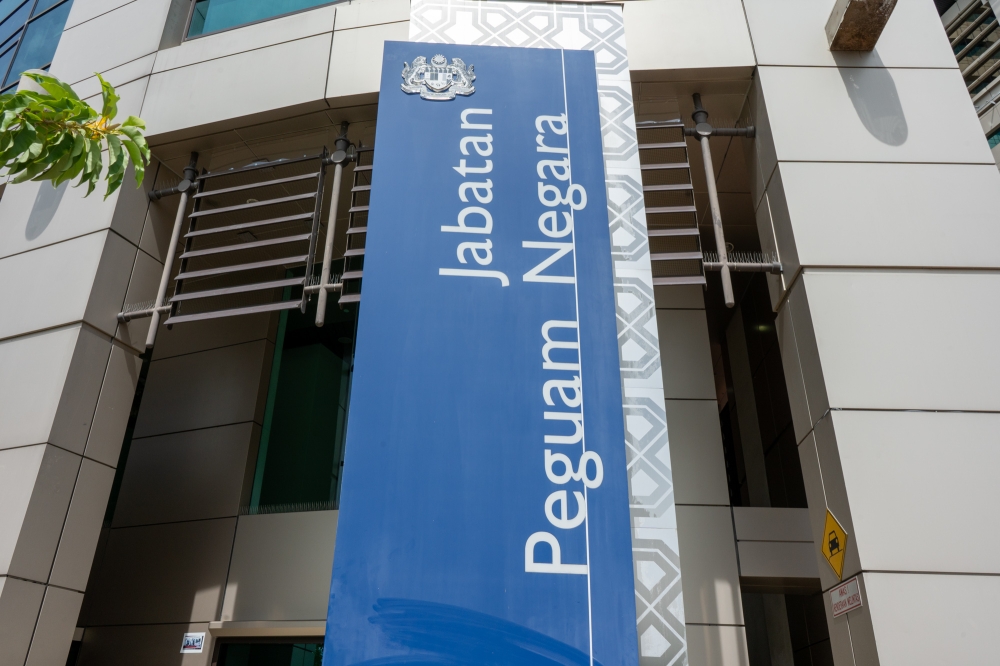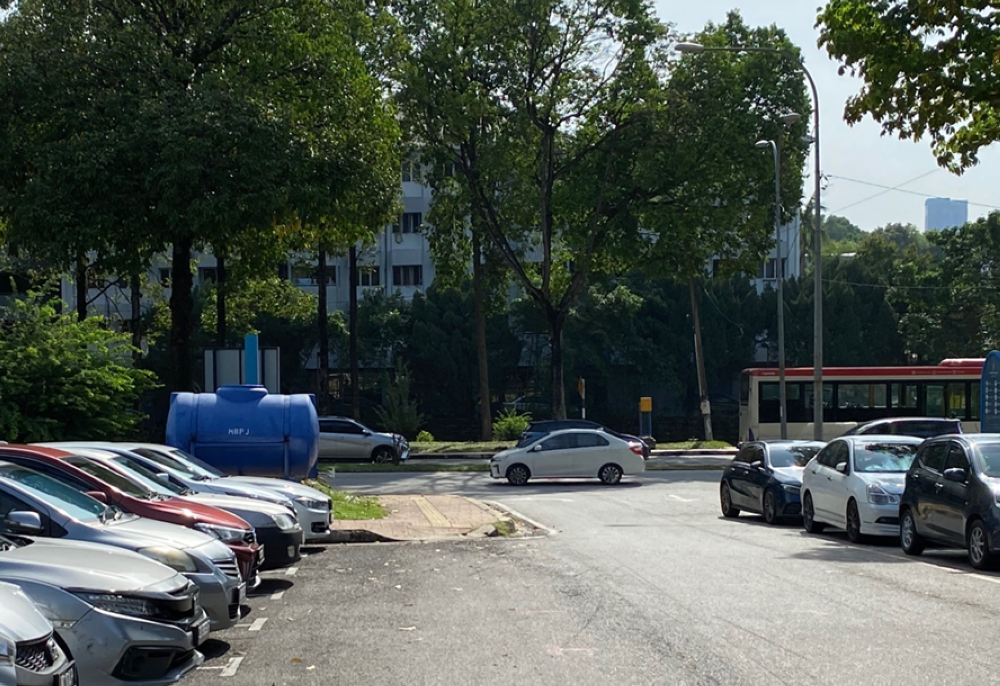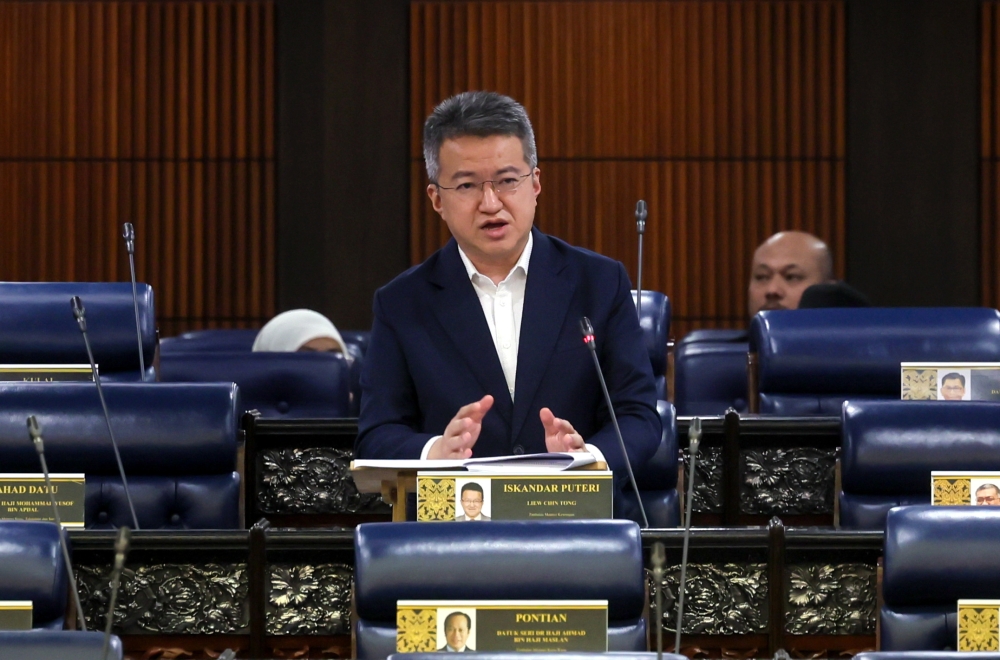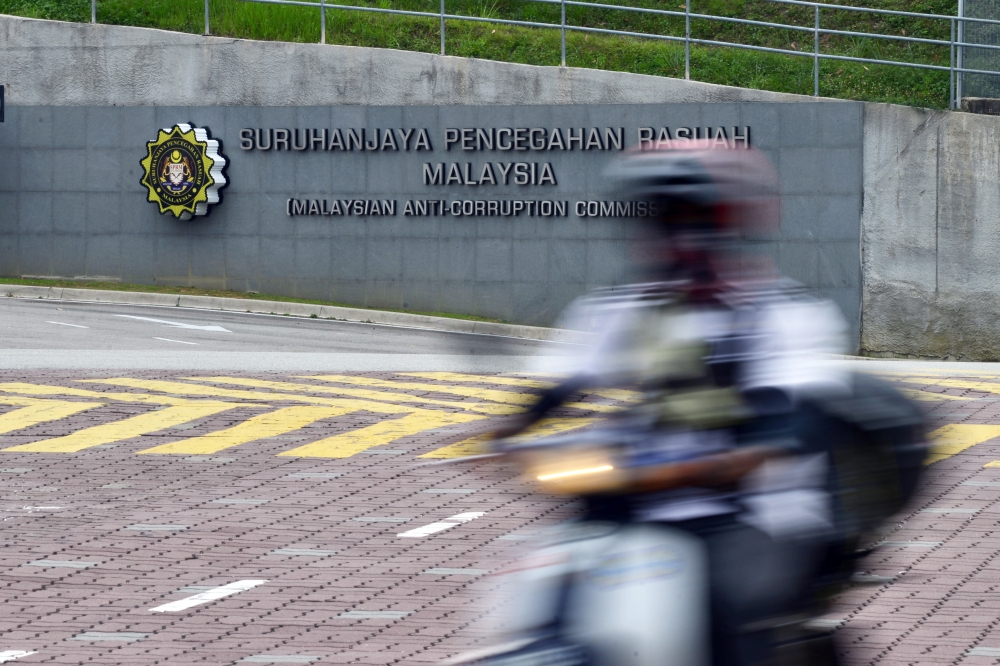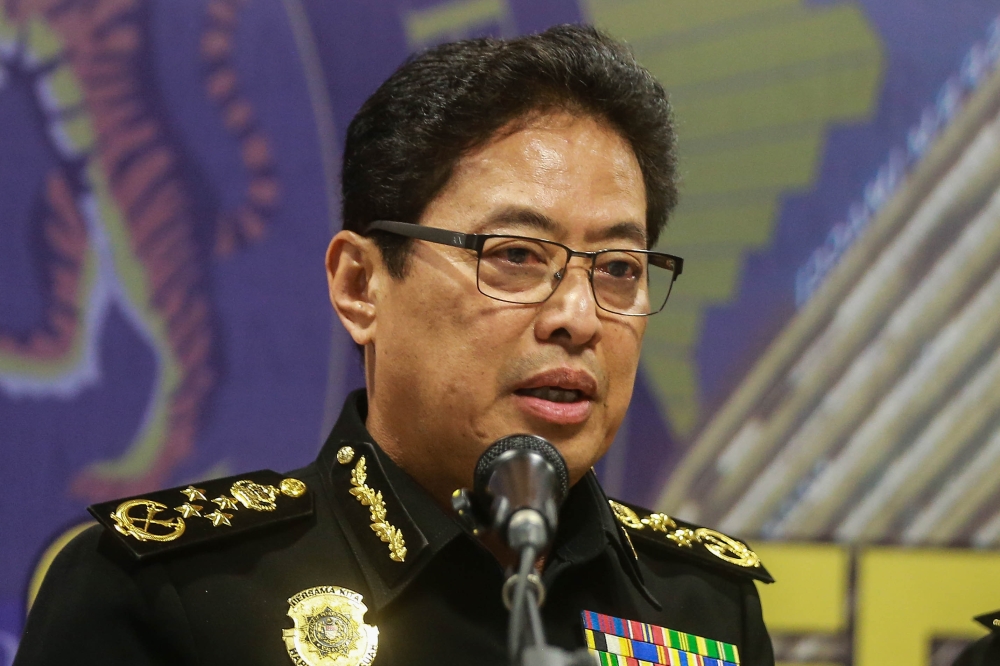OCTOBER 22— The Women’s Aid Organisation (WAO) is understandably concerned about the integrity of our justice system and its ability to protect the survivors of child sexual abuse.
This follows the Ipoh Magistrate’s Court dismissing the case of alleged sexual abuse against a minor at a tahfiz school in Manjoi.
Magistrate Mohammad Afifi Mohammad Deen made the decision after the court was provided with a letter from the Perak State Legal Adviser’s Office detailing a directive by the Attorney-General (AG), who is also the Public Prosecutor (PP), written under Article 145(3) of the Federal Constitution.
But the Magistrate’s decision is in accordance with the law.
The same cannot be said when on August 7, 2019 the Magistrate took cognisance that an offence did take place in the case following the complaint made by the victim’s mother on the same day, under the Section 377E of the Penal Code and Section 14(a) of the Sexual Offences Against Children Act 2017.
Taking cognisance is a judicial act and may be broadly defined as ‘taking notice of an offence.’ The circumstances in which a Magistrate may take cognisance of an offence are prescribed under section 128 of the Criminal Procedure Code (CPC).
Before a Magistrate takes cognisance of an offence, he must however be mindful of the restrictions placed in sections 129 – 132 of the CPC and that the power to institute a prosecution for any offence lies in the hand of the PP [Article 145(3) of the Federal Constitution].
Having said this, a private person does have a right to prosecute but only for certain non-seizable offences in respect of his own person or property. These are generally less serious offences.
Now, section 377E of the Penal Code and section 14(a) of the Sexual Offences Against Children Act 2017 are seizable offences, which are the more serious offences.
A Magistrate is not empowered to take cognisance of such offences. A complainant too, like the victim’s mother, will be in error if he or she brings before a Magistrate something that the Magistrate is not empowered to hear.
It is therefore right to say that the victim’s mother should not have filed a complaint to the Magistrate.
Even if the Magistrate had taken cognisance of an offence, which was wrong in this case, he should not proceed with the examination of the complainant if the PP had directed the police to investigate the offence [section 133(1B) CPC].
* This is the personal opinion of the writer or publication and does not necessarily represent the views of Malay Mail.

